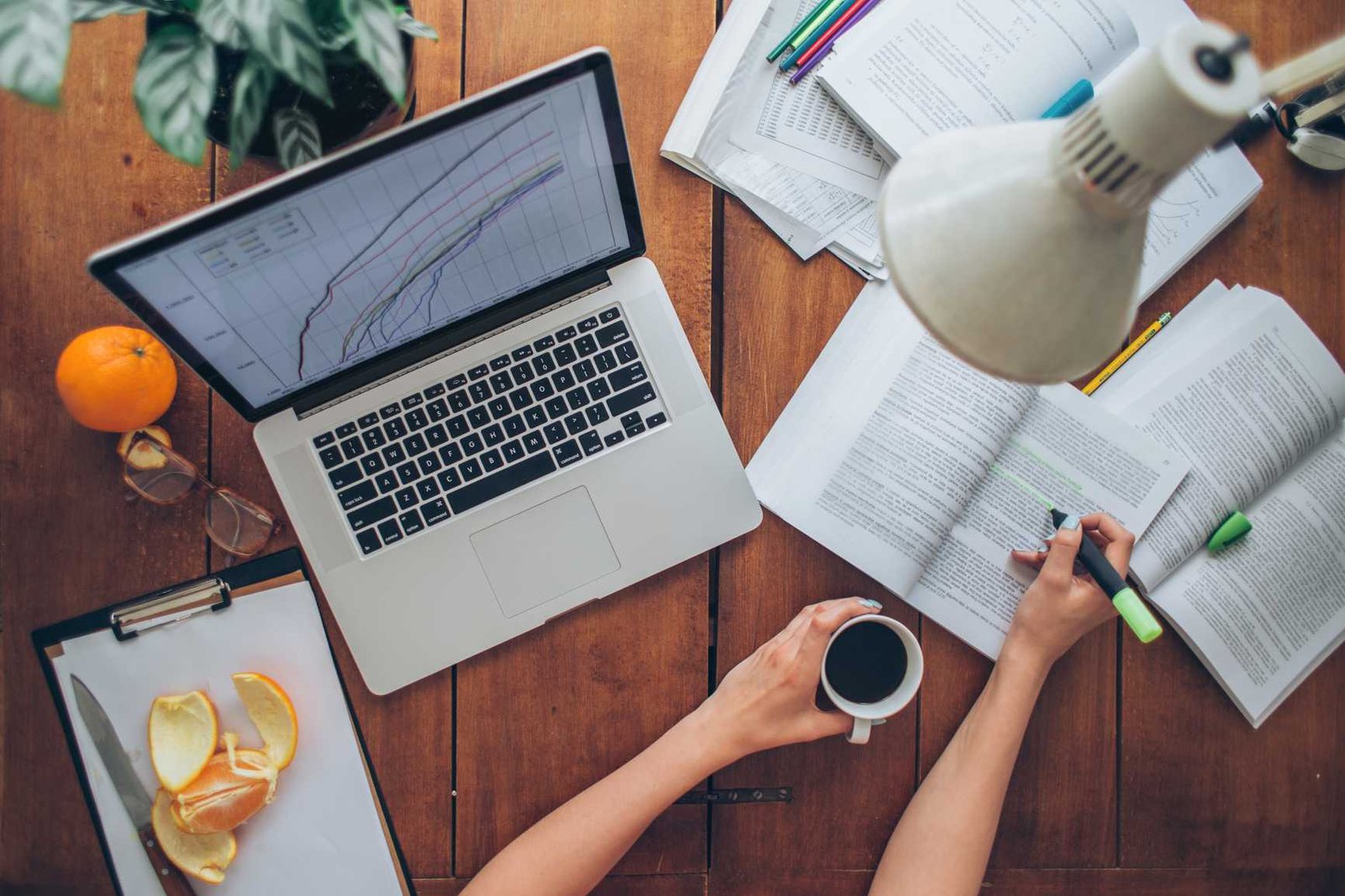
7 Tips to Improve Focus and Concentration
Being distracted, multitasking and lacking focus have become synonymous with our busy modern lives. Unfortunately, our lack of concentration and focus is causing us significant problems. These can range from problems in relationships to serious or even deadly issues. For example, the CDC reports there are more than 1,000 distracted driving accidents in the United States every day.
It’s important for our well-being and overall wellness that we learn how to be more focused and reduce our distractibility. We’re taught that multitasking is a virtue or strength when in reality, it can be wreaking havoc on our lives.
The following are seven ways to improve your focus and concentration and, as a result, make nearly every aspect of your life better.
1. Understand Why You Can’t Focus
It’s normal for our attention to drift occasionally while we’re doing something, especially if it’s routine. Some people struggle with being able to concentrate more than others, and declining focus can stem from a range of underlying conditions. These could include a mood disorder like depression or anxiety, a cognitive impairment that’s normal with aging, or it could be due to lifestyle issues.
Lifestyle issues that affect focus and concentration can include dehydration, poor sleep, being sedentary, stress, and fatigue. An unhealthy diet can also affect your ability to concentrate.
If you aren’t sure what’s causing your focus to decline, try to start a journal. You can observe the situations when you’re most likely to lose focus. Note what’s happening when your concentration wanders.
2. Work in Blocks of Time
Rather than trying to multitask, which researchers consistently find isn’t effective and may be making things worse, instead try to work in blocks of time. Working in small chunks of time with periods to take a break in between can help keep you focused. This is because attention naturally tends to wander after a certain period of time. The amount of time depends on the individual.
There are studies that have found it can be anywhere from 10 to 52 minutes.
You may have to experiment to find what length your blocks of working time should be.
Again, stop multitasking . Trying to do multiple things at once can make us feel more productive, but actually, we’re probably less focused and less productive. You’re not only compromising your general level of focus when you try to multitask, but it can also hinder your quality of work.
When you work in blocks of time, you can take very short breaks in between them. Our brains don’t do well when they’re constantly stimulated. If you take a small break, refocus your attention briefly and then get back to work, you’ll probably find your concentration is improved.
If you feel stuck, it can be a good chance to take a break too. Move around, or even move onto another task for the time being.
3. Meditate
Meditation and mindfulness can be among your best tools to improve your focus and concentration. In general, once people get the hang of meditation, they often describe it as one of the things that most change their life for the better.
Meditation and mindfulness activities can help improve not only focus but also your mental fitness and well-being.
When you meditate, it calms your brain and then relaxes your entire body. You can focus on your breath when you meditate so that your mind isn’t pulling you in different directions. Over time, with more and more practice, you can learn how to use your breath to bring you back to where you’re focusing on the task at hand.
You can also work on acknowledging your wandering mind at the moment and then bring it back to where you are currently. We tend to have a hard time concentrating if we’re thinking about the past or the future. If you find that you’re in the past or you’re experiencing anxiety about the future, acknowledge what you’re feeling, and then let it go. You want to train your mind so that you’re putting your energy and resources into what matters most in that instant. Your mind goes where you choose to focus it.

4. Use Cognitive Training
There are online and app-based cognitive training games you can use as a way to help your attention and response time. The games help you to get better at the cognitive activities you do in your everyday life. They can help you achieve certain levels of sustained attention, and that may then translate to your actual life outside of the game.
5. Be Careful About Caffeine and Sugar
Many of us struggle with overusing both caffeine and sugar. In the short-term, they can boost your energy levels. Then, they create not only a sudden spike but dips in your blood sugar. This negatively affects your attention.
Make sure your diet centers on fruits, vegetables, and foods high in fiber. Avoid simple sugars when you can get them so that your blood sugars can stay even more.
Don’t overdo it on the caffeine because it can overstimulate you, causing anxiety and impairing your ability to stay focused.
6. Manage Energy Rather Than Time
If you have a task that needs your full attention, then schedule it for the time of day that you tend to have the most energy to focus. If you’re someone who’s at their best in the morning, this is when you should plan to do your high-attention and high-focus tasks. You can do all the things that require your creative energy, and then if there are things that don’t require as much focus or creativity, do them when you’re at a lower energy level.
7. Eliminate Distractions
Finally, there are a lot of ways you can eliminate distractions. You might, for example, use full-screen mode on your computer when you work. This helps you to make sure that you’re not looking at other distractions on your screen. Remove any tasks that could be distracting when you’re doing high-focus work.
Set aside times of day you’ll check your emails, and when you need to focus on work or a certain task, put your phone in the other room.




